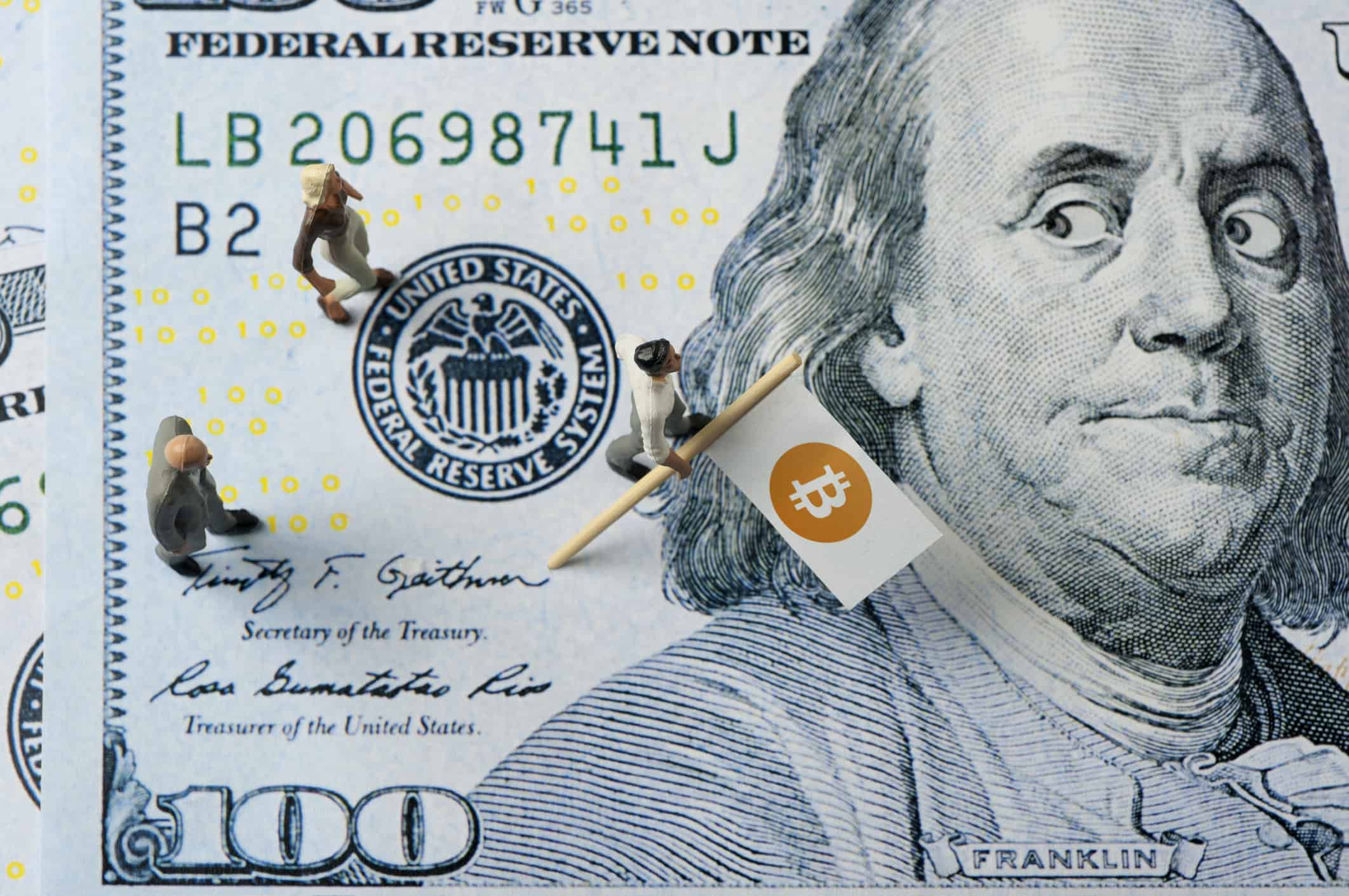Bitcoin (CRYPTO:BTC) is once again declining in price. As of this writing, it was at US$19,900, down 70% from its all-time high. There hasn’t been much going on with Bitcoin specifically that could explain the selling. Certainly, the crypto scene has endured its share of scandals this year, ranging from the collapse of Luna to exchanges going bankrupt. However, Bitcoin itself was largely immune to these scandals, so its own price collapse is harder to explain.
That doesn’t mean that the Bitcoin bear market is impossible to explain, though. One macroeconomic factor can explain what has happened: rising interest rates.
Currently, the Federal Reserve – America’s central bank – is raising the interest rates it charges banks. This in turn causes banks to offer higher interest on savings accounts, and charge higher interest on loans. In general, high interest rates are bad for risky assets. The more return is available risk-free, the less sense it makes to gamble on risky bets. For this reason, cryptocurrencies and other risky assets tend to fall when interest rates rise.
Why high interest rates are bad for Bitcoin
The tendency of Bitcoin to fall when interest rates rise is well documented. There have been two periods in recent memory when the Federal Reserve raised interest rates: 2018 and 2022. Bitcoin fell both times. In 2018, it fell 80%, which is an even more severe selloff than we’re seeing now.
Why do high interest rates hurt Bitcoin’s price?
Because Bitcoin is very risky, and risk becomes less appealing when interest rates rise. As I explained earlier, high interest rates increase the amount of return you can get risk-free. If interest rates go extremely high, it becomes difficult to justify investing in risky assets at all. Bitcoin is the very definition of risky. It has no intrinsic value, and it has fallen more than 70% twice in the last five years. So, it’s exactly the kind of asset that takes a hit when interest rates go up.
Can it survive?
Having looked at the factors causing Bitcoin to fall this year, it’s natural to ask:
Will BTC survive the interest rate hiking?
Certainly, Bitcoin has been through periods of rising interest rates before. But the 2018 rate-hiking binge was followed up by lower interest rates in 2020, which kicked off a new Bitcoin bull market. This year, the central banks appear quite committed to keeping interest rates high for a long period of time. The Federal Reserve has signalled that it will keep raising rates for at least the remainder of this year. If that happens then we wouldn’t expect Bitcoin to rise.
Foolish takeaway
Bitcoin has given investors a volatile ride this year. As long as interest rates keep rising, investors should expect the coin to stay volatile. The higher interest rates go, the less justifiable speculating on cryptocurrency becomes. That doesn’t mean that Bitcoin will go to $0 or anything like that, but it does suggest that its future returns will not be as good as its past returns.








